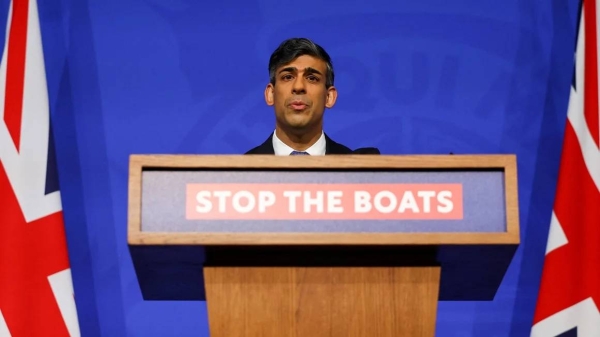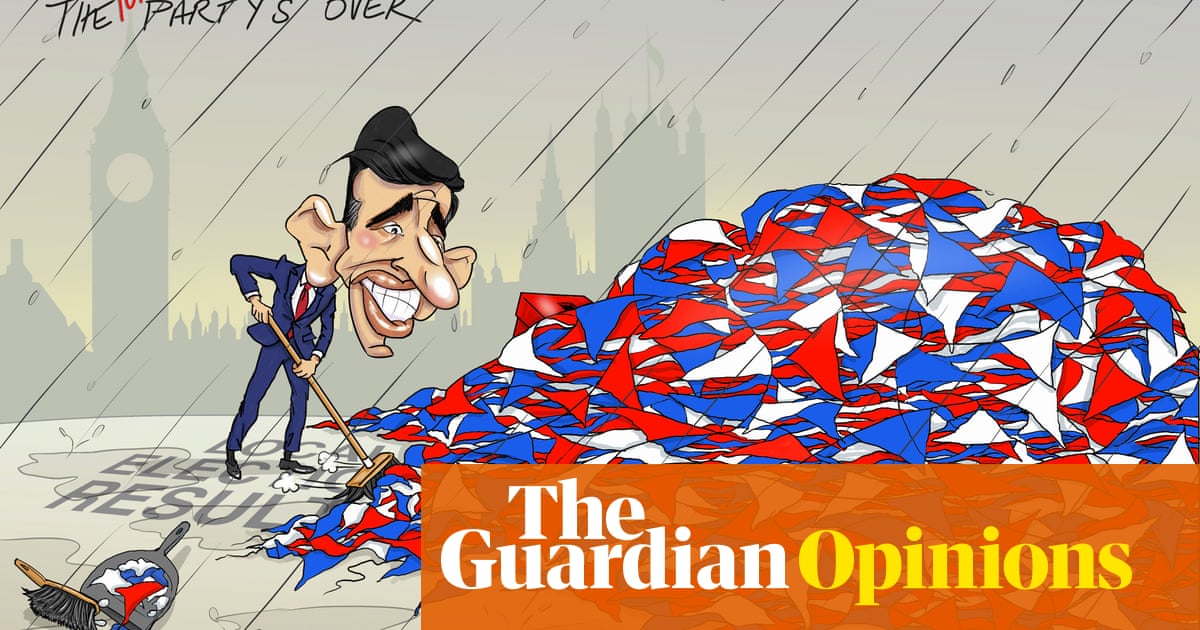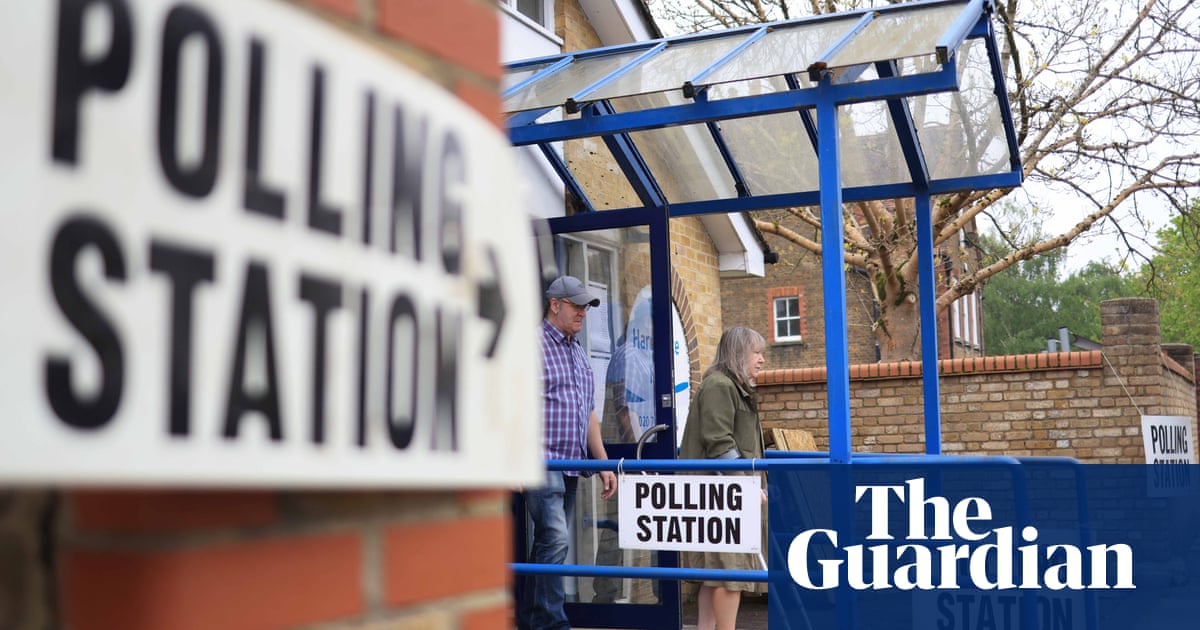
Voting has closed in local elections which marked Rishi Sunak’s debut as an electoral figurehead for the Conservatives, as well as for the full rollout of new rules obliging people to show photo identification at the polling booth.
The ID regulations saw reports of dozens of people being turned away for lacking the necessary documents, but did not result in the chaos or potential disorder feared by some electoral officials.
More information about how many voters were put off should come in an interim study by the Electoral Commission next month, although opposition parties have warned the total numbers disfranchised may never be known.
The election results themselves will be closely scrutinised for how they reflect on the leadership of Sunak and Keir Starmer, although the limited geographic scope and a drawn-out counting process will make extrapolations difficult.
The voting covered slightly more than 8,000 seats across 230 councils in England, including metropolitan, unitary and district authorities, plus four mayoral races.
The seats were last contested in 2019, when Theresa May was weeks away from announcing her departure as prime minister, while Labour were struggling under Jeremy Corbyn, bringing big gains for the Liberal Democrats and Greens.
The Tories lost 1,300 seats then, and are predicted to shed more on Thursday, although ministerial projections of losing a further 1,000 councillors are viewed as expectation management, with Sunak at pains to predict a “tough night”.
A full picture is unlikely before Friday evening, given the number of councils delaying their counts.
Some early signs for whether Starmer is seemingly able to open up a lead on the Tories in areas where Labour will need to take seats in a general election will come in the early hours of Friday in places like Plymouth, seen as one of the key bellwethers.
Other closely watched Labour-Conservative battlegrounds will declare shortly afterwards, including Medway and Stoke-on-Trent.
Results later on Friday will show the results of concerted Liberal Democrat campaigning in Conservative-held “blue wall” seats in areas such as Surrey and Oxfordshire, also seen as an important marker for the next election.
Bad results for the Tories in commuter-belt areas represented in parliament by big-name MPs – including Dominic Raab, Michael Gove and John Redwood – could put Sunak under pressure from his backbenchers. Similarly, the loss of Wealden council could see the Tories without a single Sussex local authority.
The Greens, who are also anticipating gains on top of their good results from 2019, could even win majority control of a council for the first time, in Mid Suffolk.
While there will be inevitable premature declarations of joy or woe for various parties, many Labour and Conservative MPs will hold fire in advance of academic extrapolations of what the results would mean as a national vote share.
A Labour voting share lead of 10 or more percentage points – and projections this would translate into a healthy general election majority for Starmer – would calm some party wobbles and provide him with a welcome boost.
Conversely, failure to achieve this would create pressure for a more coherent case for what a Starmer government would seek to achieve.
While many Conservative MPs are grimly accepting of a general election loss, some hope Sunak’s steadying of the government ship after the mayhem of Boris Johnson and Liz Truss is creating a way back for their party, a narrative that could gain traction if Tory losses are in the low hundreds.












